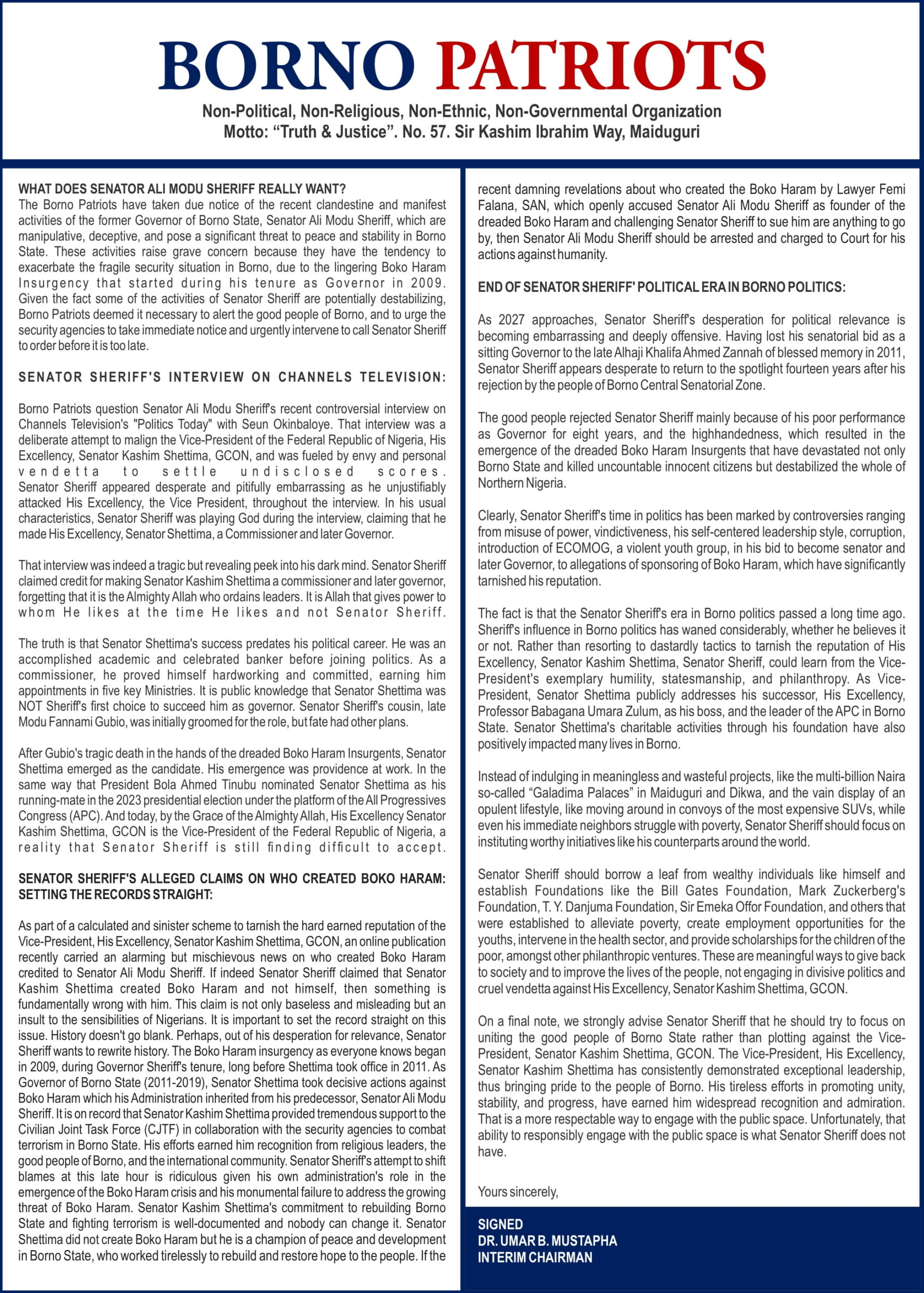Good time respectful readers of Nigerian Kicker across the globe. Complement of the season..
I am here again to talk about these important tips on how Trade Finance mitigates risk in cross Borders Trade as well as how you can secure your self.
The importance of due diligence in trade finance
Imagine paying for a huge order to a supplier in international Trade only to find out the supplier was fake and the goods aren’t coming! This happens, but you can prevent it.
The key is to check everything first. Here are from scammer and costly mistakes to make safer deals with due Diligence.
Due diligence is not just a best practice, it’s a non-negotiable. Trade finance transactions often involve multiple parties, complex documentation, cross-border regulations, and large sums of money. Skipping or underestimating due diligence can expose businesses to fraud, legal risks, and financial loss. Proper due diligence acts as a safeguard, ensuring all parties are credible, compliant, and capable of fulfilling their obligations.
In trade finance, due diligence is your first and strongest line of defense. Ignoring it is like sailing blind into “stormy waters.”
Before entering any agreement, conduct a background check on every party involved—whether it’s a buyer, seller, broker, or financial intermediary. Research their legal status, credit rating, and transaction history. Use reliable data sources like trade registers, global databases, and references from trusted institutions.
How to implement:
Step 1:
• Request business registration documents and verify them through official channels.
• Use services like D&B, World-Check, or KYC platforms for risk profiles.
• Ask for past client references or trade history to assess credibility.
Step two:
Review All Financial and Trade Documents Carefully. Never take paperwork at face value. Whether it’s a purchase order, invoice, bill of lading, or insurance certificate, each document must be verified for accuracy and authenticity. Discrepancies in details, dates, or formatting can indicate fraud or hidden risks.
How to implement:
• Cross-check invoice details with sales contracts and LC terms.
• Validate bills of lading with shipping agents and port authorities.
• Engage trade finance specialists or legal advisors to review documentation.
Step Three:
Check for Compliance with Sanctions and Export Controls. International trade often crosses jurisdictions with differing regulations. Sanctions violations—even if unintentional—can result in severe penalties and legal consequences.
Ensure all entities involved are compliant with relevant international laws.
How to implement:
• Screen all entities through updated sanction lists (e.g., OFAC, UN, EU).
• Check if the goods or services are subject to export controls or licensing.
• Maintain audit trails to demonstrate your compliance practices.
Step Four:
Perform Site Visits or Virtual Audits When Necessary. For high-value or high-risk deals, don’t rely solely on documents. Site visits, factory audits, or virtual tours can help confirm a supplier’s legitimacy and capacity. This reduces the chance of misrepresentation or non-performance.
How to implement:
• Schedule an on-site visit or request a real-time virtual tour via video call.
• Ask to see operational processes, warehouse inventory, and staff in action.
• Document the visit with photos and reports for internal records.
Step Five:
Implement Ongoing Monitoring and Updates. Due diligence is not a one-time event. Situations evolve—partners may face financial trouble, regulatory changes may occur, or geopolitical risks may escalate. Maintain an active monitoring system to update your risk assessments regularly.
How to implement:
• Set calendar reminders for periodic reviews of key partners.
• Subscribe to updates from compliance databases and legal alerts.
Use automated tools or dashboards to track changes in risk levels.
What you need to know about scammer faking documents to obtain Trade instruments for trade facilitating, this is very common.
Scammers often use fake documents like CAC, fake Export documents and others in trying to obtain instruments for trade facilitation, such as Letters of Credit (LCs) or Bank Guarantees (BGs). SBLC, etc Here’s what you need to know:
Fake invoices: Scammers may create fake invoices to support fraudulent transactions and obtain LCs or BGs.
Forged signatures: Scammers may forge the signatures of company executives or other officials on documents to make them appear legitimate.
Manipulated documents: Scammers may manipulate or alter legitimate documents, such as changing the value or quantity of goods to be purchased.
The international trade market is not immune to scammers and fraudsters. These individuals may try to take advantage of businesses through various schemes, such as:
Fake purchase orders: Scammers may create fake purchase orders to obtain products or services without paying for them.
Advance-fee scams: Scammers may ask businesses to pay upfront fees for services that are never delivered.
Phishing emails: Scammers may send emails impersonating legitimate companies or banks to obtain sensitive information or to install malicious software.
To detect a potential scammer client seeking trade facilitation instruments, here are some strategies you can use:
Verify the client’s identity: Request documentation that verifies the client’s identity, such as a passport or driver’s license, and confirm that the information matches the documents provided.
Check the client’s address: Ensure that the address provided matches the address on the client’s identification documents and is not a P.O. box or temporary address.
Verify the client’s business history with proper KYC due diligence.
Hauwa Yakubu is Trade finance Consultant/Country Manager TFC
+2348062245017
Share your thoughts on the story Trade Finance As Risk Mitigation In Cross Borders Trade with Nigerian Kicker in the comments section.






